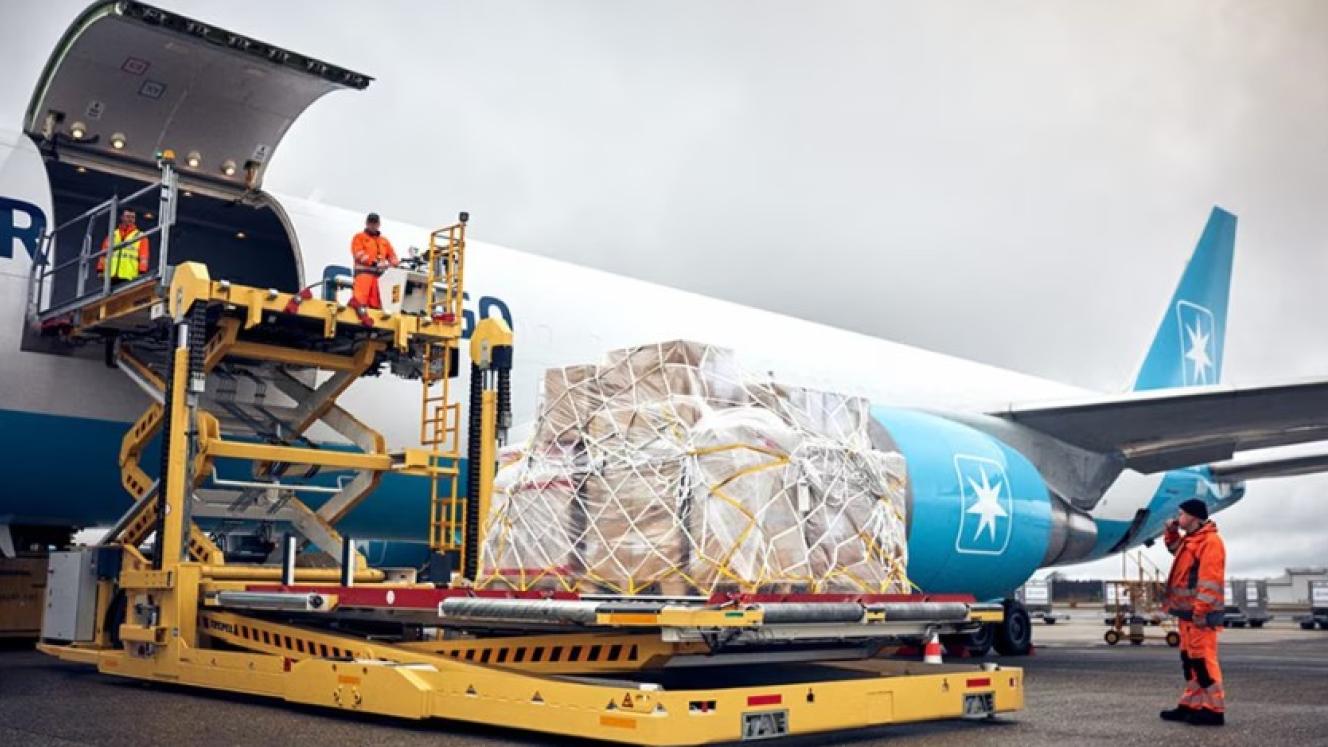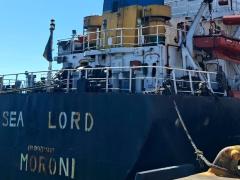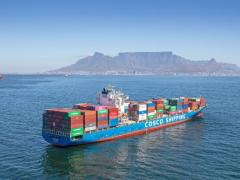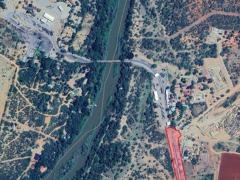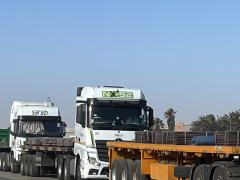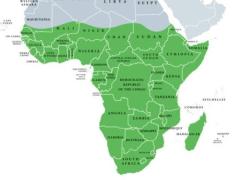Africa will have to look at securing and strengthening its supply chain network to absorb and rise above the threat of food insecurity, World Bank transport economist Martin Humphreys has warned.
Speaking during a webinar hosted by the Southern African Transport Conference, Humphreys shared some disturbing data in support of a discussion around “The Impact of Covid-19 and Sustainable Transport and Mobility”.
He said current economic projections pointed to world trade contracting by 5.1%.
For South Africa that figure is higher – 7.1%.
What’s even more disturbing is what the data says about food distribution across the continent.
According to Humphreys, 14% of all trade across Africa consists of food.
For landlocked countries that figure is 22%, and 37% of trade involving low-income countries is food-related.
From a southern African perspective, Humphreys said the World Bank had found massive disruption of maritime and land logistics across the region since the start of the coronavirus pandemic.
Interestingly, the supply chain through Mozambican ports like Maputo and Beira showed stronger movement in comparison to the rest of the region, an assessment that supports recent reports about increased throughput, especially through Beira.
Increased freight through Beira has also resulted in higher cargo volumes transported on the corridor into Zimbabwe, resulting in bottlenecking issues with that country’s Forbes border post with Mozambique.
During Humphreys’ presentation nothing was said about how ongoing delays and capacity constraints experienced at the Port of Durban were driving ocean freight volumes further up the continent’s south-eastern coast.
However, during a segment titled “Preparing for the new normal”, he singled out three key requirements for the road and ocean freight sectors that would be of vital importance for African supply chain efficiencies in the aftermath of the pandemic.
These are strengthening the resilience and governance of the maritime sector, improving the quality and efficiency of road freight logistics, and increasing internal and external border agency collaboration.
Freight News will report in greater detail on the requirements Humphreys has identified in the next few days.

